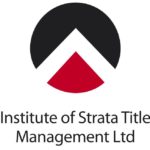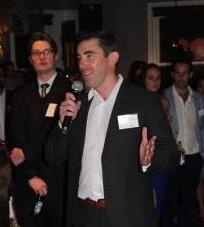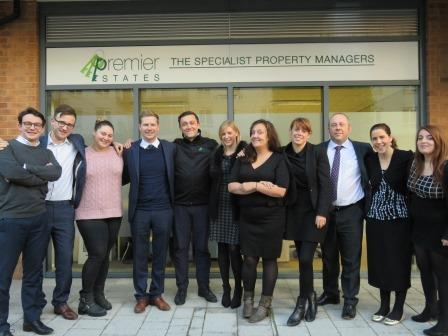 City living is great. Everything at your fingertips, the world at your door but sometimes it would be great to escape the hustle and bustle and move to a quieter, regional location, wouldn’t it?
City living is great. Everything at your fingertips, the world at your door but sometimes it would be great to escape the hustle and bustle and move to a quieter, regional location, wouldn’t it?
For some, this is a dream only held back by prejudices about jobs, facilities and opportunities, which they see as lacking in the regional areas. Michele Hemmings, principal of Exclusively Strata can easily dispel those myths.
Michele’s strata management agency is in Wagga Wagga, located in South Western NSW, half-way between Sydney and Melbourne, two and a half hours by car to Canberra, and three hours to the snowfields of NSW or Victoria.
“I manage 36 schemes with approximately 160 owners located in Wagga and in the surrounding towns of Tumut, Yass, Leeton and Young. The largest is 38 lots and the smallest, two, although I have a forthcoming new 98-lot scheme currently under construction,” Michele says.
Within the area there are approximately 700 schemes providing plenty of scope.
“My business has been operating for 12 years. There was a well-established real estate agency before I began, which still holds the predominance of schemes in the region.”
Apart from that real estate agency, there is also another strata agency operated by a former trainee of Michele’s.
When asked what challenges Michele and others like her might face, especially in accessing education, the answer was surprising.
“Educational providers such as SCA (NSW) offer distance training across the state so there are no challenges when it comes to CPD. The main difficulty is not having face-to-face contact with peers. It would be great to have someone else to chat with about issues and the new legislative changes.”
Some specialist strata insurance companies also offer in-house training in regional areas.
Challenges for Michele, and most likely other strata managers in regional areas, is finding staff to work in strata as there are myths in the community about strata living.
Another challenge is that legal advice is a little harder to find when located in rural NSW.
“Specialist strata lawyers are almost always in Sydney and time with them is difficult and expensive. However, I subscribe to the mailing lists of the big legal firms and gain knowledge about court rulings and acts presented through their newsletters and website blogs.”
Access to service providers such as insurers and tradespeople is not an issue. Wagga is NSW’s largest inland city which has a good supply of trades.
Michele says the best thing about living in Wagga is that it has a friendly sense of belonging – a real community spirit fostered by a solid commercial and civic core.
“The city offers everything from a University, manufacturing, army and air-force bases, quality private as well as public schools, sporting facilities, retail shopping centres, and easy parking.”
Michele says that Wagga Wagga’s town planners are looking to approve more medium density developments which will change the face of the city. There are some very exciting times ahead for strata management in that regional area.
 The Jemena Gas Network (JGN) delivers gas for cooking, heating, and hot water, to more than 1.3 million homes and businesses across New South Wales. Jemena is responsible for maintaining the network’s infrastructure, responding to emergency incidents and events, and reading gas meters for billing purposes. In order to read, test, maintain, or remove and replace meters, Jemena needs to be able to access them easily.
The Jemena Gas Network (JGN) delivers gas for cooking, heating, and hot water, to more than 1.3 million homes and businesses across New South Wales. Jemena is responsible for maintaining the network’s infrastructure, responding to emergency incidents and events, and reading gas meters for billing purposes. In order to read, test, maintain, or remove and replace meters, Jemena needs to be able to access them easily.










